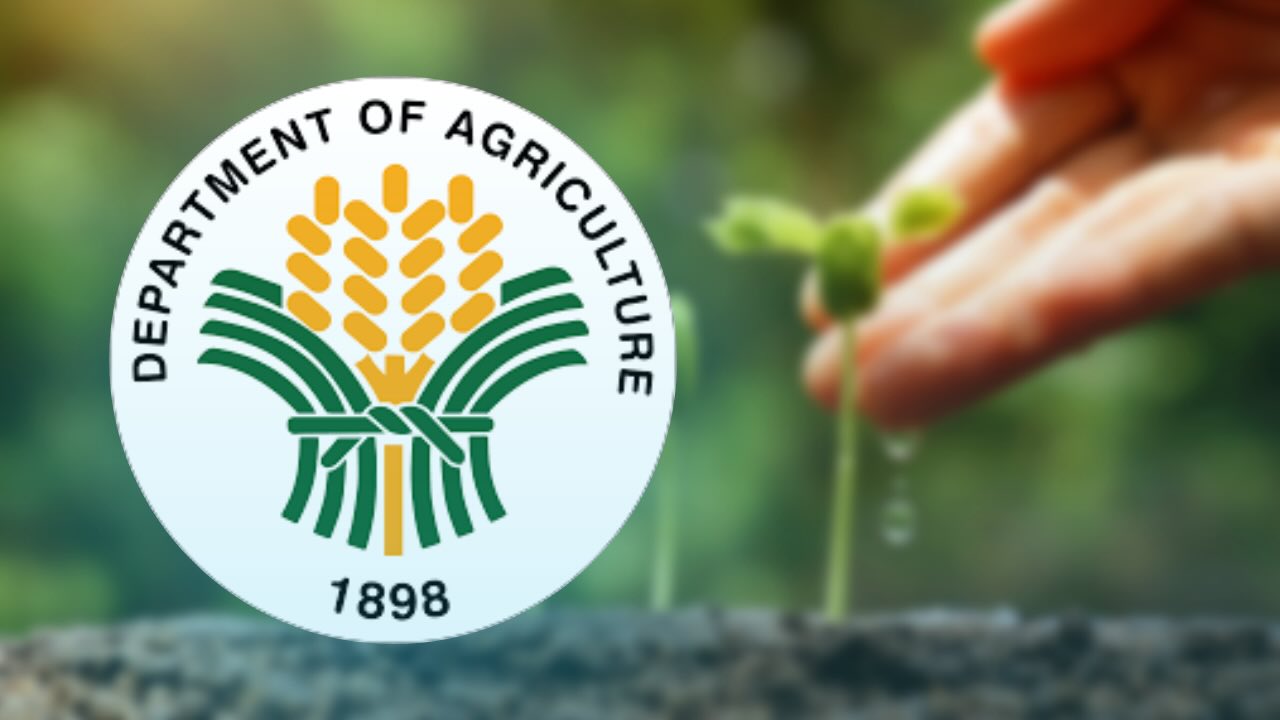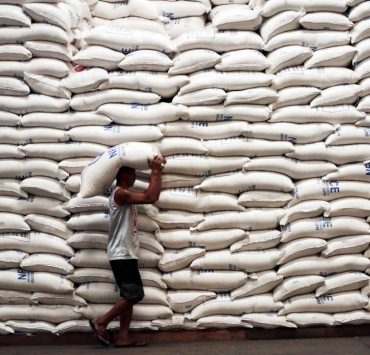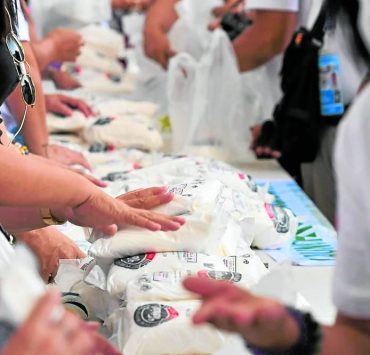To curb rice smuggling, NFA wants oversight on warehouses

Restoring the function to monitor all grain warehouses and other related facilities nationwide will enable the Department of Agriculture (DA) to address the smuggling of agricultural products.
When asked if restoring the power of the National Food Authority (NFA) to require the registration and inspection of all grain warehouses would help curb food smuggling, Agriculture Assistant Secretary Arnel de Mesa said it’s “correct.”
“We are blind to data that we supposedly have because the responsibility of registering these establishments was taken from the NFA and no one assumed the task since then,” he said on the sidelines of the American Chamber of Commerce of the Philippines’ event on Friday.
Agriculture Undersecretary Asis Perez said the DA was not seeking police function but only to perform its duties related to food safety, citing complaints of poor quality of rice being sold in the market.
“This is a commodity that we really should focus on in terms of food safety,” Perez said, adding about 90 percent of Filipino consumers spend more on rice.
De Mesa, also the DA’s spokesperson, said,”We need more frequent information on this and [put it back] within the control of the department. He added, “The PSA (Philippine Statistics Authority) conducts a survey on this but it takes a while before we can obtain that information.”
Among the proposed amendments of the DA to the Rice Tariffication Law (RTL) include the registration and inspection of all rice mills, grains warehouses, drying facilities, retail outlets and related establishments.
It said overseeing these facilities would ensure compliance with all standards and regulations on the quality of rice being sold in the country.
The DA recommended empowering the agriculture secretary to declare a food security emergency in case of rice shortage or extraordinary increase in prices.
“Those who will argue for free trade will say: let it be free, let the market decide on the price,” Perez said. “But you see, at least from the perspective of the Philippines, rice being not only a staple but a very political commodity would require a certain level of, say, stabilization on the part of the government.”

















